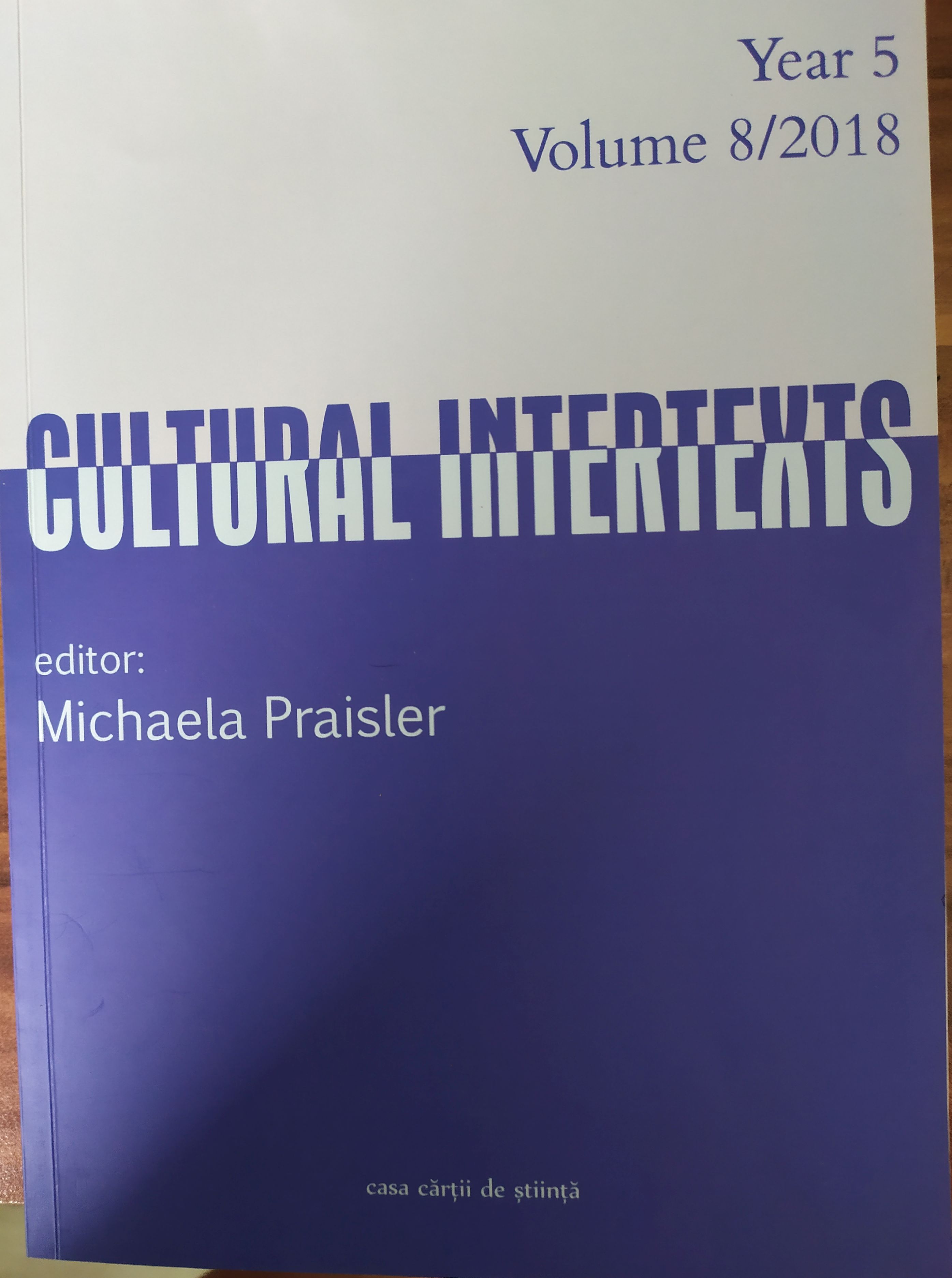The Masquerade of Social Selves in What Maisie Knew by Henry James
The Masquerade of Social Selves in What Maisie Knew by Henry James
Author(s): Liliana ColodeevaSubject(s): Language and Literature Studies, Studies of Literature, British Literature, American Literature
Published by: Editura Casa Cărții de Știință
Keywords: Henry James;
Summary/Abstract: The paper discusses the Social Self represented in the novel What Maisie Knew (1897) byHenry James. Its representation is analysed under the lens of his brother‟s (W. James)psychological theory outlined in The Principles of Psychology (1890). The concept of theSocial Self in What Maisie Knew may be seen as taking shape in the images of five adults: afather and a mother, a stepfather and a stepmother and a governess. All the adults fail tofulfil their social roles as parents, apparently because their material and spiritual Selves arestronger than the social one. The representation of the Social Self in the novel is achievedvia fixed focalization; the Social Selves of the (step)parents are presented from a little child‟sinnocent, subjective point of view. The child becomes the eyes and the ears of the novel, thatis, the reflector character through which the novel is narrated. Henry James almost nevercrosses the boundary and the radii of Maisie‟s perspective which is strictly kept throughoutthe entire narrative. It seems that through his novel H. James indirectly blames the Englishsociety where unhealthy ethics prosper and in which the devaluation of morality and idealsoccurs
Journal: Cultural Intertexts
- Issue Year: 8/2018
- Issue No: 8
- Page Range: 73-79
- Page Count: 7
- Language: English

